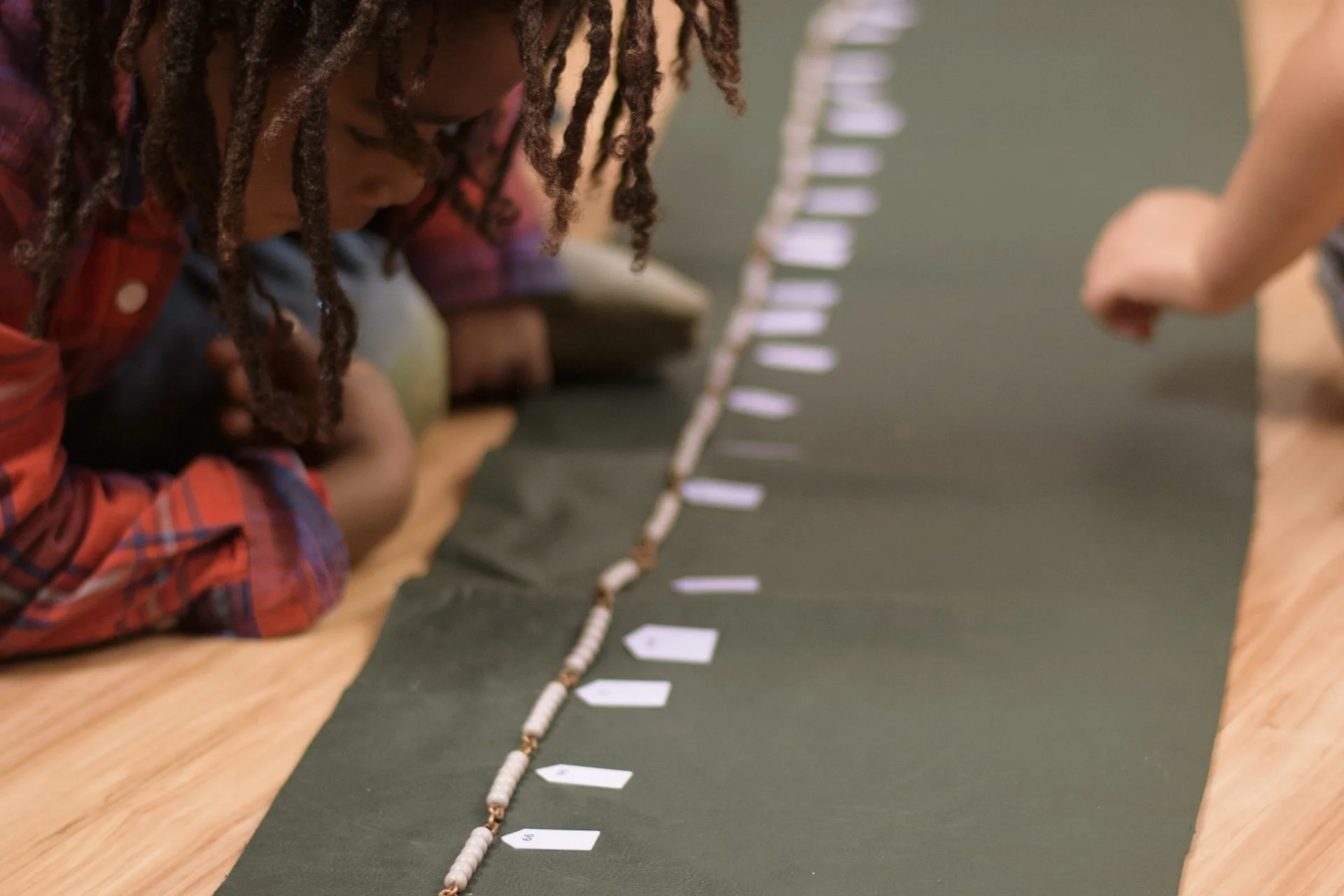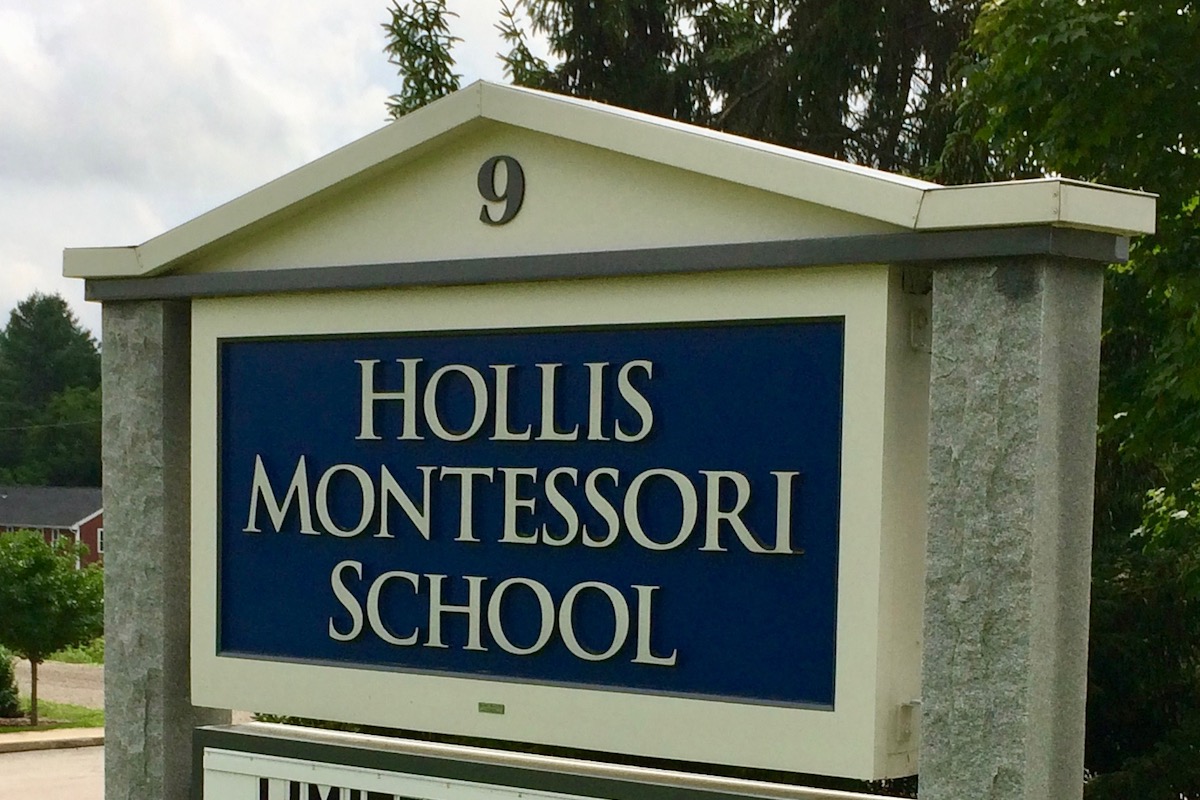A common question among parents is, “What, exactly, makes a school ‘Montessori’?” The answer is more layered than you may think. The truth is, any school can call themselves ‘Montessori’ but the interpretation of the approach can vary greatly. Read on to better understand the differences...
Humble Beginnings
As you may already know, Montessori education had its start in the slums of Rome, Italy. Dr. Maria Montessori was a physician who had been studying child development. She already found some success with institutionalized children who had been deemed uneducable. Her first school, Casa dei Bambini, was created to serve the children of poor families while their parents worked during the day. It was here that Dr. Montessori worked to create more materials, observe the children, and further develop her ideas and methods.
Dr. Montessori’s successes quickly gained attention of the international community and schools began to open across the globe.
Organization: AMI
Dr. Montessori soon realized the importance for standardization among Montessori schools. She felt it critical to preserve the integrity of the method, ensure teachers were well-trained, distribute publications, and manufacture materials. In 1929 she created AMI, Association Montessori Internationale, to meet these goals.
Today AMI has its headquarters in the Netherlands and supports affiliated societies in thirty-five countries around the world, including the United States. AMI works to provide high-quality teacher training, materials, consulting services, publications, materials, and much more to Montessori schools. AMI is the original Montessori organization and is regarded as having high standards and preserving Montessori’s original ideas, methodology, and work.
You can learn more about AMI here: https://montessori-ami.org/
Information about AMI USA can be found here: https://amiusa.org/
New Ideas: AMS
While Montessori had come to the United States much earlier, it wasn’t until the 1960s that its popularity really began to spread. Nancy McCormick Rambusch was a young American teacher who trained at an AMI center in London. She was appointed by Mario Montessori (Maria Montessori’s son) to be AMI’s United States representative. Rambusch opened the Whitby School in Greenwich, Connecticut, and worked to support the spread of Montessori education in the United States.
Over time, Rambusch and her colleagues began to advocate for certain changes within Montessori. They felt that for Montessori to be successful in the United States certain elements of the curriculum needed to remain flexible. Leaders at AMI disagreed, arguing for preservation of Montessori’s original ideas in their entirety. Representatives from both perspectives worked together toward a solution, but eventually parted ways and the American Montessori Society was created.
Rambusch established AMS at Whitby in 1960, and it continues to be the most prevalent Montessori organization in the United States today. AMS functions similarly to AMI, in that it provides teacher training, publications, and resources to Montessori schools across the country, as well as to a number of international schools.
More information about AMS can be found here: http://amshq.org/
Montessori Schools Today
As mentioned earlier in this article, any school may call themselves a Montessori school. Montessori can mean different things to different people, and it can be helpful for parents to understand the differences. Montessori schools can be public, private, or charter schools. They may be affiliated with a church, but most are non-denominational. Beyond those basic definitions, the delivery of a Montessori program can vary widely. Some of the many possibilities include:
- Montessori Inspired Schools
Educators around the world have learned from the important work of Maria Montessori. Her texts and lectures are often regarded as some of the most respected guides to non-traditional education. The strong emphasis on child development, individualized education, and a beautiful environment appeal to educational facilities across the nation. Montessori materials are now much more readily available than they were even a decade ago, so preschools or even homeschool families implement them in various ways. The creation of online programs has increased access to basic teacher preparation.
- Montessori Member/Affiliated/Associated Schools
For a school to become an AMS full member school, the school must meet specific requirements. Most importantly, every lead teacher at the school must be certified through an approved teacher education program (including those affiliated with AMS, AMI, and several other well-respected organizations). Starting in 2020 there will be additional requirements for heads of school as well.
AMI requires specific standards to be met in all its schools including AMI trained teachers, a full complement of AMI approved materials, and specific requirements concerning class sizes, ratios, and organization of the work period. Schools that meet a certain percentage of these requirements or are committed to meeting all requirements within three years may be considered affiliated or associated schools.
- Montessori Recognized/Accredited Schools
Schools who wish to be formally recognized at the highest level by either AMI or AMS must adhere to the strictest of standards.
If a school meets all the requirements of an AMI school, they may receive an AMI Certificate of Recognition. Schools must reapply annually. Details on those requirements can be found here: https://amiusa.org/school-standards/
For those wishing to be accredited by AMS, the process is typically about eighteen months long and includes the writing of a self-study report, a site visit by a specially trained team of evaluators, and a commitment to ongoing evaluation and improvement. After initial accreditation, schools must apply for reaccreditation every four years. More information on the process can be found here: http://amshq.org/School-Resources/AMS-Member-Schools/AMS-Accredited-Schools
Still have questions about what it means to be a Montessori school? We would be happy to chat with you. Contact us today!

